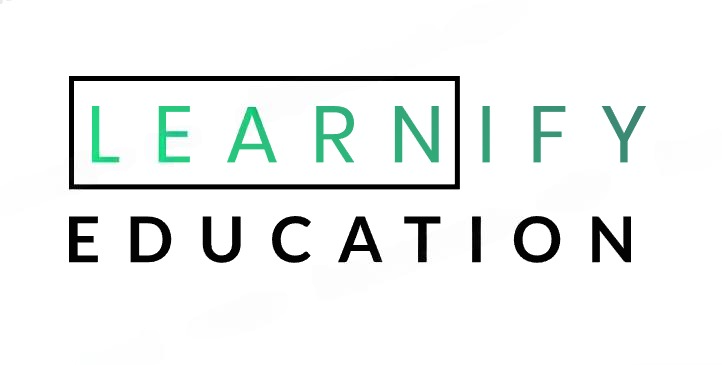











Compare India's leading
universities on a single platform
within two minutes.
- Online MBA for job professionals 100 + Universities
- 30X comparison factors
- Free expert consultation
- Quick Loan facility
- Post Admission Support
- Learnify Exclusive Community
- Job + Internship Portal
Skill-Based Education vs Theoretical Education: A Comprehensive Guide
- No-Cost EMI From ₹5100/-
- Subsidy Available upto ₹20,000/-

In today’s fast-paced world, the education system is constantly evolving to meet the demands of modern industries. One of the most debated topics in education is skill-based education vs theoretical education. Both have their unique roles and benefits, but finding the right balance is key to ensuring success in academics, professional life, and beyond.
What is Skill-Based Education?
Skill-based education focuses on practical learning and hands-on experience. This approach emphasizes real-world application, preparing students with job-specific skills and techniques that can be immediately applied in professional settings.
Key Features of Skill-Based Education
- Practical knowledge is prioritized over theoretical understanding.
- Learners develop industry-specific skills.
- Delivered through workshops, internships, and project-based tasks.
Benefits of Skill-Based Education
- Career Readiness: Graduates with practical skills are often job-ready and require less training.
- Problem-Solving Skills: Encourages analytical thinking and real-time problem-solving abilities.
- Adaptability: Prepares students to tackle dynamic industry challenges.
- Higher Demand: Employers actively seek candidates with hands-on expertise.
What is Theoretical Education?
Theoretical education is the foundation of traditional learning systems. It delves into the concepts, principles, and frameworks that underpin a subject, fostering a deeper understanding of its nuances.
Key Features of Theoretical Education
- Focuses on classroom learning, textbooks, and academic discussions.
- Encourages students to explore ideas and concepts at an abstract level.
- Prepares learners for research and academic pursuits.
Benefits of Theoretical Education
- Strong Knowledge Base: Provides a deeper understanding of subjects.
- Encourages Curiosity: Inspires learners to question, explore, and innovate.
- Foundation for Skill Development: Theoretical knowledge supports practical application.
- Critical Thinking: Develops the ability to analyze and interpret information effectively.
Skill-Based Education vs Theoretical Education
Here’s how the two differ across key aspects:
- Learning Style:
Skill-based education emphasizes hands-on learning through real-world projects and internships, while theoretical education relies on classroom-based discussions and textbooks. - Focus:
Skill-based education prepares learners for specific roles by teaching them practical skills, whereas theoretical education helps students gain in-depth knowledge and conceptual clarity. - Relevance to Career:
Skill-based education makes individuals job-ready immediately, but theoretical education provides the foundation for higher studies and research. - Adaptability:
Skill-based learning enables students to quickly adapt to new technologies and practices, while theoretical knowledge requires continuous upskilling to remain relevant in a changing environment.
Importance of a Balanced Approach
Neither skill-based nor theoretical education can exist in isolation. A perfect balance between the two ensures that learners are both industry-ready and capable of critical thinking.
Why Balance Matters
- Real-World Preparedness: Theoretical knowledge provides the “why,” while practical skills teach the “how.”
- Innovation and Application: Combining both approaches fosters creativity and effective implementation of ideas.
- Sustainability: A balanced education system prepares individuals for long-term success by equipping them with adaptability and foundational knowledge.
Examples of Successful Integration
- Medical Field: Doctors require both a deep understanding of anatomy (theoretical) and the ability to perform surgeries (skill-based).
- Engineering: Theoretical concepts like mechanics and physics are necessary to execute real-world engineering projects.
- Business Management: Managers utilize theoretical models of business strategy alongside practical experience to make informed decisions.
Conclusion
The debate between skill-based education vs theoretical education isn’t about choosing one over the other but recognizing that both are essential for success. While skill-based education empowers individuals to perform tasks effectively, theoretical education develops the critical thinking necessary for innovation and problem-solving.
To thrive in today’s competitive world, focus on gaining practical skills while building a strong conceptual foundation. The best education combines the strengths of both approaches, preparing you for challenges, opportunities, and long-term growth.


